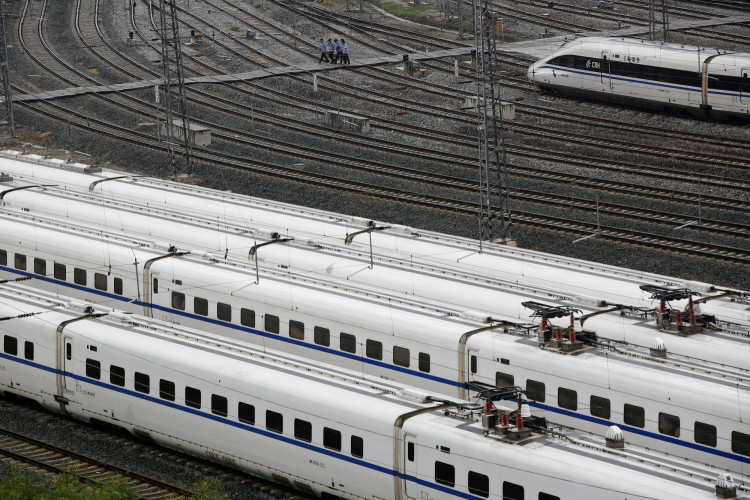The city of Fuxin, and other cities within the Liaoning province, is expecting a big economic boost later in the year after the Beijing-Shenyang high-speed rail line finally goes into full operation. The new rail line is expected to attract more investments and tourists into the area, particularly added more value to mining operations and popular tourist spots.
The launch of the modern transportation infrastructure is part of China's larger strategy to develop its northeastern region. By establishing the new rail line, the government hopes to bolster existing industries in the region, including areas such as manufacturing, e-commerce, and retail. According to the mayor of Fuxin, Zhang Chenzhong, the new infrastructure should also result in the addition of new jobs, particularly in the services sector.
The China Railway Beijing Group Co Ltd previously announced that it expects the 698.29 kilometer-long railway to be fully operational by the end of 2020. People traveling to the area should see a shortening of overall travel time by an average of 2.5 hours.
The railway itself will be stopping over various key locations in major districts, including those in Beijing, Chengde, Chaoyang, Shenyang, and Fuxin. The latest update regarding its construction has revealed that the final tunnel, located in the Miyun district of Beijing, has already been completed.
Zhang pointed out in an interview that the bullet train service should work hand in hand with the city's recent push to develop its mining-themed tourist spots and hot springs. The official stated that he hopes that the new railway will attract people interested in the city's history and its dozens of attractions.
In anticipation of the influx of tourists to the area, Fuxin previously announced that it would be investing more than 375 million yuan, or roughly $54 million, to develop its tourist areas. Part of the budget was also used to tackle potential hazards in tourist areas such as landslides and the combustion of residual coal.
Fuxin is the location of the famous Haizhou Coal Mine, formerly one of Asia's largest open-cast mines. Since the mine was closed in 2005, it has been transformed into a national mining park by the central government.
Visitors to the area can use viewing platforms to look at the mine's 2.1-kilometer long and 350-meter deep crater. The mine itself also boasts a number of hotels, restaurants, museums, and attractions. The mine also features a unique construction machinery exhibition that includes giant excavators imported from the then Soviet Union in the 50s.
The Haizhou Coal Mine is also particularly popular in Chinese pop culture, as it was the site used to shoot a number of movies, including those that starred actors such as Jackie Chan and actress Li Bingbing.





